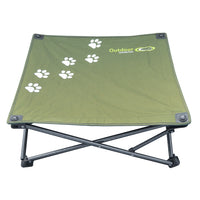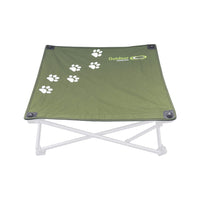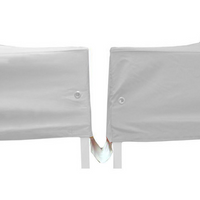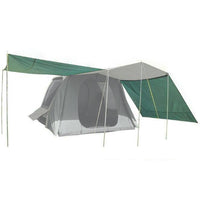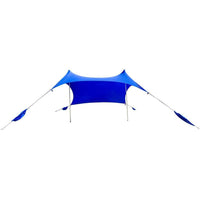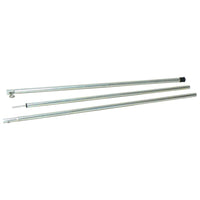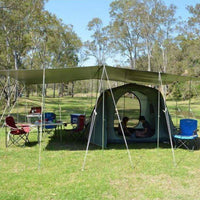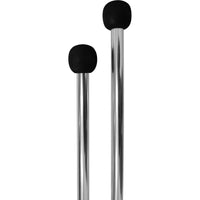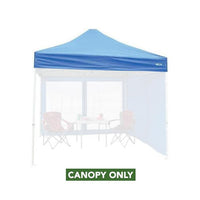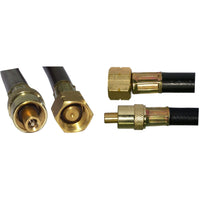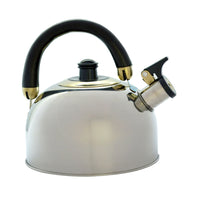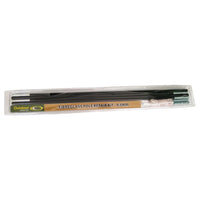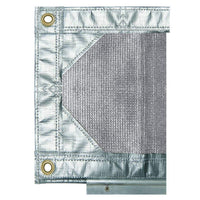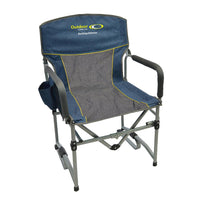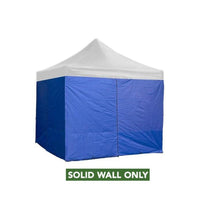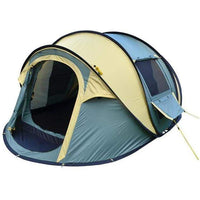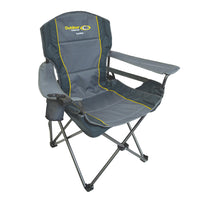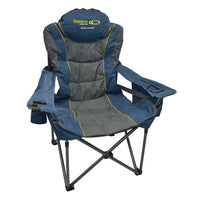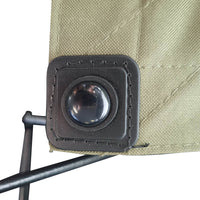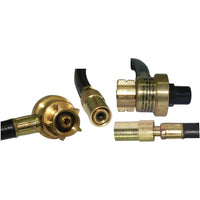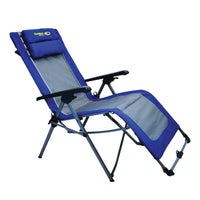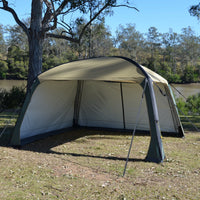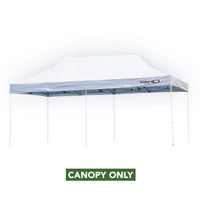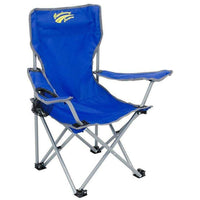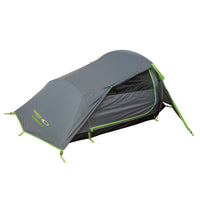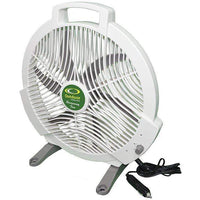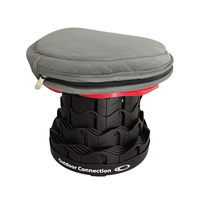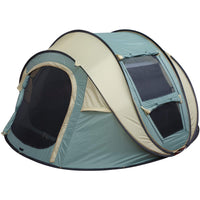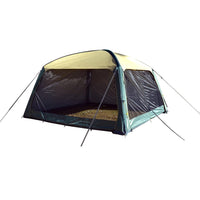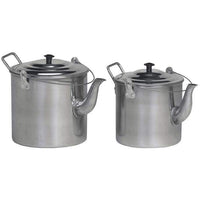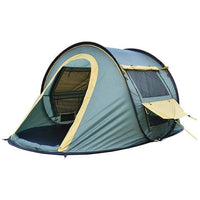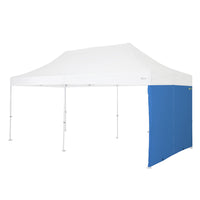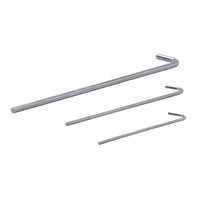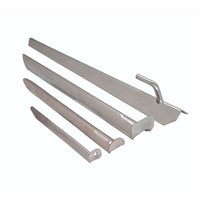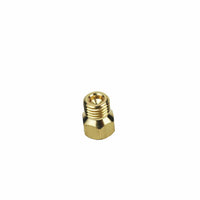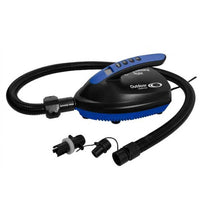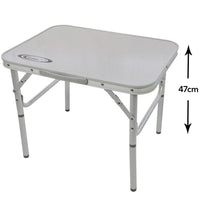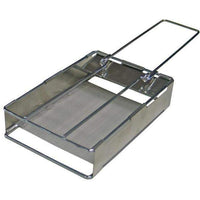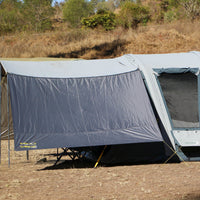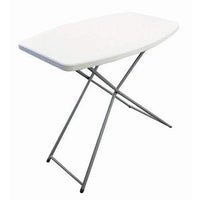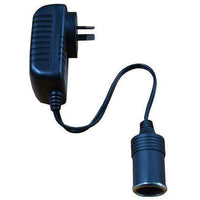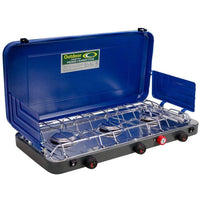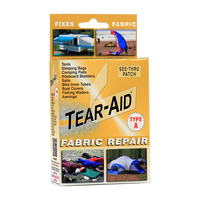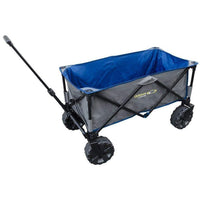
1. DIY Snacks and Meals
As you’re planning meals and snacks for your trip, think carefully about waste. Instead of enjoying single-use goos, grab a squeeze bottle and refill it yourself. “I started looking for recipes to make my own protein and energy bars,” said Gemina Garland-Lewis, National Geographic explorer, ecohealth researcher and REI member. “I can make my own, buying ingredients in bulk to decrease the packaging waste on that side.” She added, “I use the beeswax wraps—they’re washable and reusable.”
2. Pack Out Trash, Compost and Recycling
Whether you’re in the front country or backcountry, the easiest way to make an impact is sorting your waste. Bring at least two reusable trash bags, one for trash and one for recycling, you could even consider bringing one for compost. If your campground or trailhead doesn’t have compost or recycling, take it home and make sure your waste is properly disposed. Make frontcountry camping even easier with these.
3. Buy Organic Food
Organic agriculture is easier on the environment than traditional agriculture. Traditional agriculture uses synthetic fertilizers, herbicides and pesticides that can be harmful to the environment. So, if you’re buying dehydrated food with us or shopping at your local grocery store for food to make yourself, consider going organic.
4. Get Biodegradable Soap and Toothpaste
Soap and toothpaste can have a negative impact on the environment and can take a long time to degrade out in the wilderness. Bring biodegradable products into the wild, and always make sure you’re 200 feet away from any water source when you’re using soap or toothpaste.
5. Use, Rent, Repair
The lowest-impact product is often the one that already exists. Before buying a new piece of gear, consider buying quality gear that will last you a lifetime or repairing the tent you do have. “The longer you can keep a product in use, the longer you’re avoiding the impact that new products have on the environment,” Greg said.
6. Make Cleanup a Game
It can be fun to clean up your campsite or the trail, especially with kids. “Use your reusable trash bags, and make it an adventure or game to pick up any trash left behind by others who were there before you,” said Adam Hockey, senior field research guide and backpacking expert.
7. Keep Water Clean
Excessive use of suntan oils, lotions, makeup and other water-soluble products can pollute lakes, rivers and ponds. You should also be careful to avoid getting permethrin (bug repellent) or permethrin-treated products in water, as it may be toxic to aquatic life. Be thoughtful on what you put on your body before you swim. If it is water soluble, leave it at home.
8. Use Rechargeable Batteries
To avoid creating unnecessary waste, consider using rechargeable batteries, or even getting products that can be recharged by the sun. “I use rechargeable batteries with my headlamps and lanterns—so I have no extra batteries,” said Gemina. Pro tip? The best place to pack your backup set of rechargeable batteries is in another headlamp that you bring along, just in case.
9. Take Reusable Bottles
It can be easy to fall into the habit of buying disposable plastic water bottles. With a little planning, you never have to do that again. Pick up a few bladders or bottles for easy-to-hike use and a water tank for front-country use.
